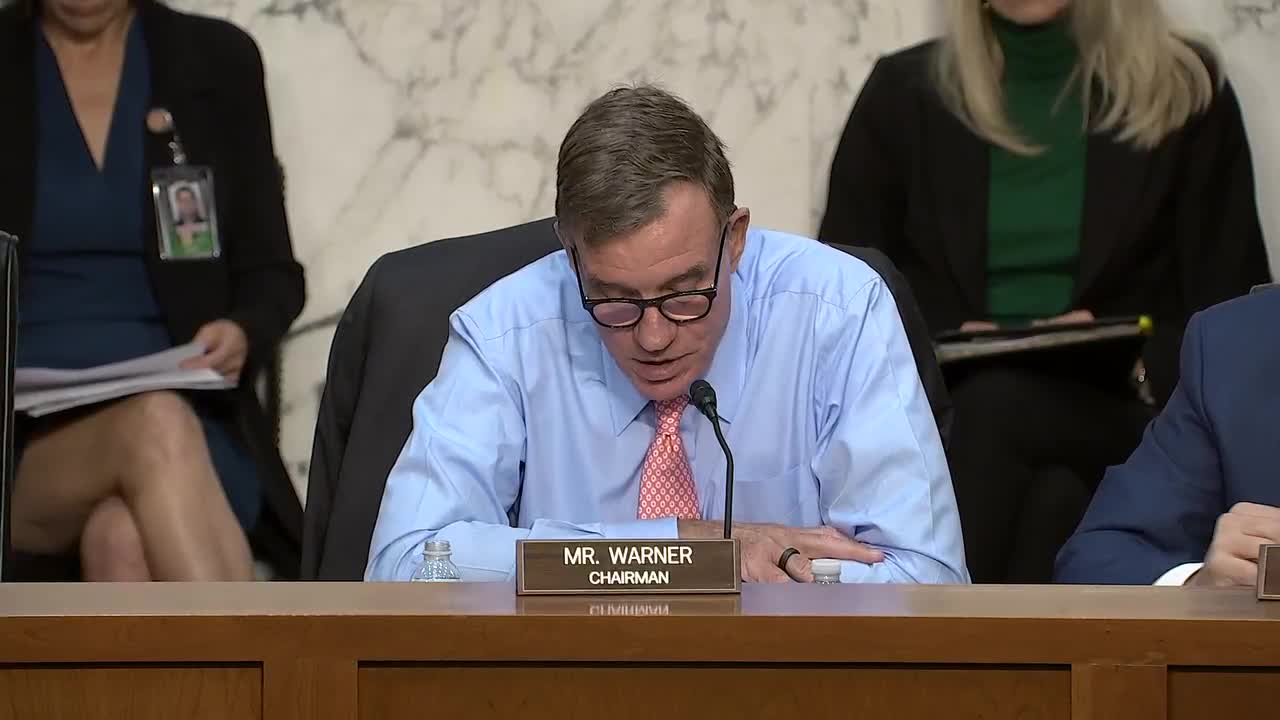Senate hearing: witnesses say CCP uses mainstream media and social platforms to shape U.S. discourse; TikTok and WeChat flagged
Get AI-powered insights, summaries, and transcripts
Subscribe
Summary
Experts told the Senate Select Committee on Intelligence that Beijing uses state media, paid content placements, covert social media campaigns and diaspora platforms such as WeChat to reach U.S. audiences; senators and witnesses discussed TikTok’s reach and the risks posed by data and recommender algorithms.
Sen. Mark Warner said the hearing would examine how the People’s Republic of China shapes U.S. political discourse and the media environment, and he singled out the growing reach of platforms such as TikTok.
Sarah Cook of Freedom House told the committee that Beijing’s media influence abroad is “complex and multifaceted,” describing five categories of tactics: propaganda, disinformation, censorship and intimidation, control over distribution infrastructure, and efforts to export China’s information‑control model. She said state‑backed content can appear inside mainstream U.S. media through partnerships or paid placements and that labeling of such content is “inconsistent and in some cases entirely absent.”
Cook told senators that from 2019 to 2021 state‑linked outlets paid at least $7,000,000 to place content alongside independent news items, and said that pro‑Beijing actors have attempted to recruit unaffiliated U.S. social‑media influencers to broadcast favorable messages. She described an increase in coordinated, sophisticated disinformation campaigns that experiment with generative artificial intelligence, fake anchors and multilayer content‑laundering to conceal origins.
Chairman Warner and other senators also discussed the rapid U.S. uptake of TikTok. Warner noted that the platform had reached “150,000,000 Americans, 90 minutes a day,” and witnesses warned that the combination of massive user data and a powerful recommender engine makes platforms valuable tools for influence operations. Several witnesses and senators contrasted TikTok with WeChat—the Tencent messaging app widely used by the Chinese diaspora—citing research showing censorship and surveillance of U.S. users and difficulty for U.S. civic groups and outlets to obtain official accounts on WeChat.
Witnesses said the PRC’s social campaigns are increasingly using generative AI to create images and fake personas, and that campaigns often seek to “sow discord” across political fault lines rather than to promote a single partisan outcome. Cook said these techniques “are likely to increase in the coming years,” including around U.S. elections.
Committee members and witnesses discussed policy options: data privacy and transparency laws to limit foreign access to U.S. user data; third‑party audits and reporting requirements for platforms; strengthened disclosure for state‑funded content; and digital literacy education. Witnesses urged a strategic, systemic approach rather than piecemeal “whack‑a‑mole” responses to particular companies.
